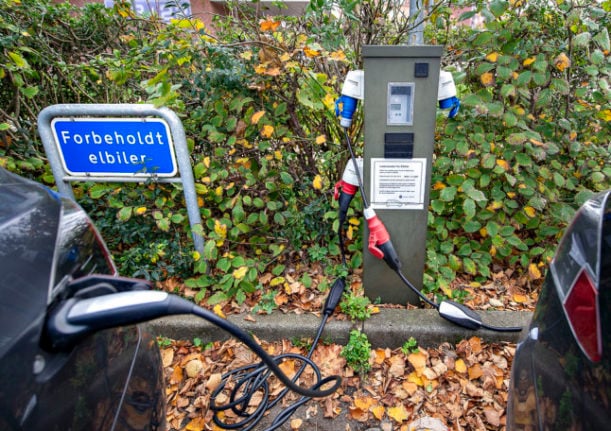“We aim to have a carbon-neutral new passenger car fleet in 20 years,” said Ola Kallenius, current head of Mercedes research, who is to succeed Dieter Zetsche as chairman of the Daimler group next week.
SEE ALSO: Germany's first electric Autobahn opens near Frankfurt
All Mercedes models will be electric or hybrids within two decades, a company spokesman said, but different approaches were possible.
“Our current focus is on battery-electric mobility. But there's also room and need to continue to work on other solutions, for example, the fuel cell or eFuels,” Kallenius said in a statement.
“Today, no one knows for sure which drivetrain mix will best serve our customers' needs 20 years from now.
“That's why we encourage policy makers to pave the way for tech neutrality: Let's fix the target, but not the means to achieve it.”
Daimler says synthetic fuels produced with renewable energy must allow hybrid cars to run without CO2 emissions, but these fuels are not yet on the market.
Daimler aims to achieve a 50 percent share of sales for electric vehicles by 2030 and promises to make its European plants CO2 neutral by 2022, Kaellenius added.
German car manufacturers are taking the plunge on electric power faced with looming tougher emissions rules in the European Union from 2020, loaded with hefty financial penalties if they are breached.



 Please whitelist us to continue reading.
Please whitelist us to continue reading.
Member comments